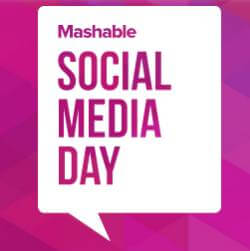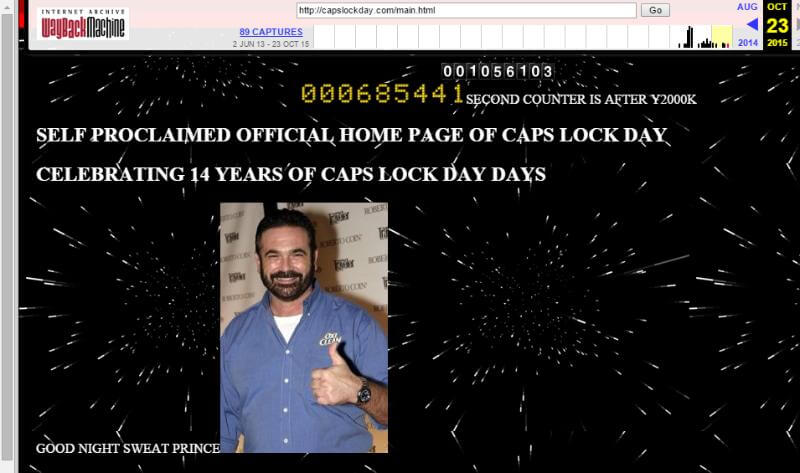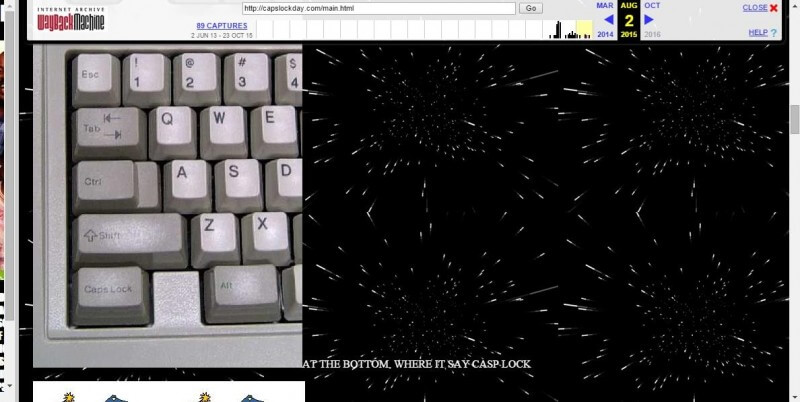Time Capsule: Social Media Day 2016
June 30, 2025: Although this holiday still exists, we have decided to preserve this post as is to show how many things have changed in nine years and how some (we’re looking at you, Kanye) have remained the same.

June 30, 2016: Today is Social Media Day, created in 2010 by Mashable “to recognize and celebrate social media’s impact on global communication.” (In related news, we just found out Mashable still exists!)
You might be thinking, “Wait just a goldarned minute! Isn’t every day Social Media Day?” The answer is yes, but rein in the potty-brained self-talk, please.
Today is momentous because it pays tribute to social media outlets such as Facebook, Twitter, Instagram, Snapchat, Tumblr, YouTube, Pinterest, LinkedIn, Quora, Vine, and WhatsApp, some of which did not yet exist seven years ago.
We would be foolish not to mention Google+. Google is everywhere and knows everything: It’s like SkyNet met the Matrix and learned it’s better to keep us all alive in a continuous biofeedback loop of consumption than to crush our bones into dust.
One of today’s festivities is the “tweetup,” where people who follow each other on Twitter get to meet IRL. That stands for ‘In Real Life,’ which we figure can’t be cool anymore since we know what it means. How awkward might it be to have a conversation that hasn’t been condensed into 140 characters?
From 2016’s #SMDay page:
From Kanye’s Twitter rants to DJ Khaled’s Snap Stories, you can say social media has us feeling #blessed. Join Mashable, Splash and feedfeed as we celebrate the seventh-annual Social Media Day in NYC! We’ll have food, drinks, music and other surprises. Don’t get #FOMO, and RSVP now!
Hashtag, pound sign, whatever: count us in! Happy Social Media Day!

 National Waffle Iron Day celebrates one of the world’s favorite kitchen appliances. Although today’s date appears to have no historical significance, from Medieval communion wafers to Nike sneakers, there’s no doubt that the waffle iron has made quite an impression on world history.
National Waffle Iron Day celebrates one of the world’s favorite kitchen appliances. Although today’s date appears to have no historical significance, from Medieval communion wafers to Nike sneakers, there’s no doubt that the waffle iron has made quite an impression on world history.



 Today is Monday Holiday Law Day. Call it the mother of all holidays about holidays, and Lyndon B. Johnson the father of the long weekend.
Today is Monday Holiday Law Day. Call it the mother of all holidays about holidays, and Lyndon B. Johnson the father of the long weekend.